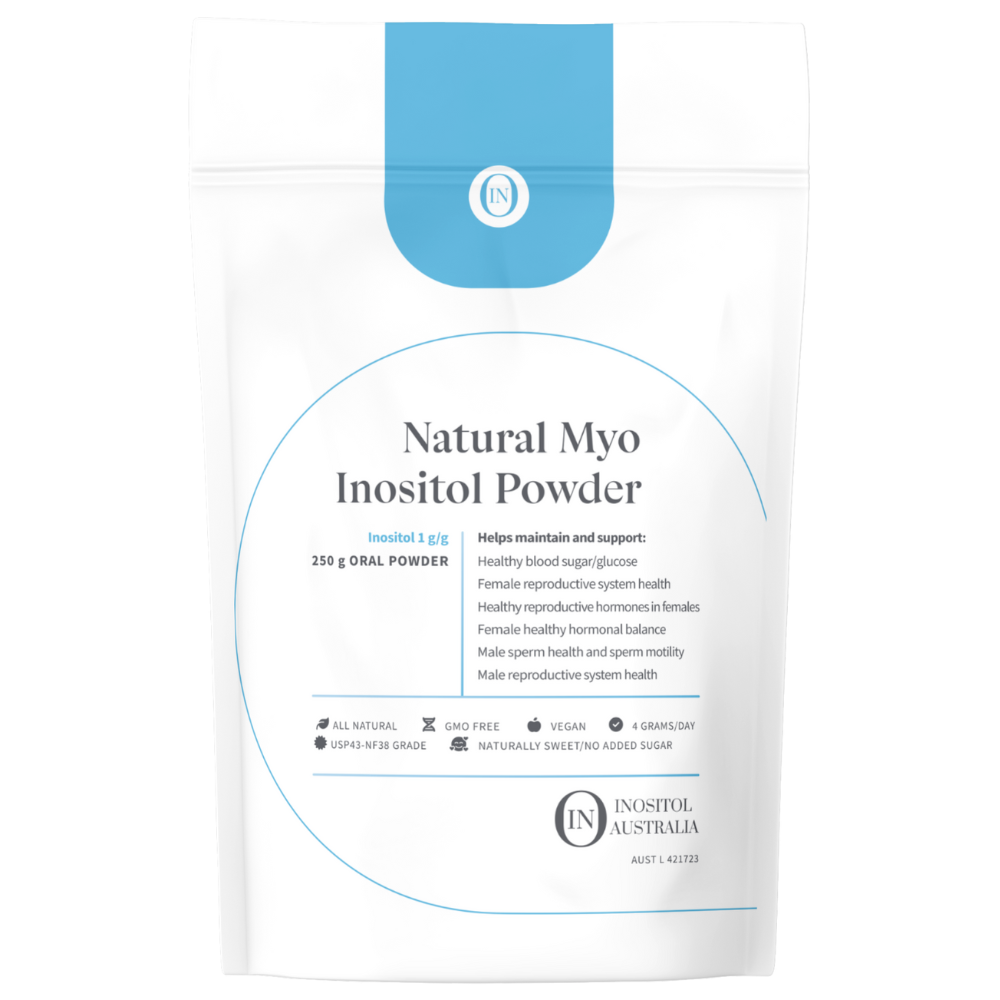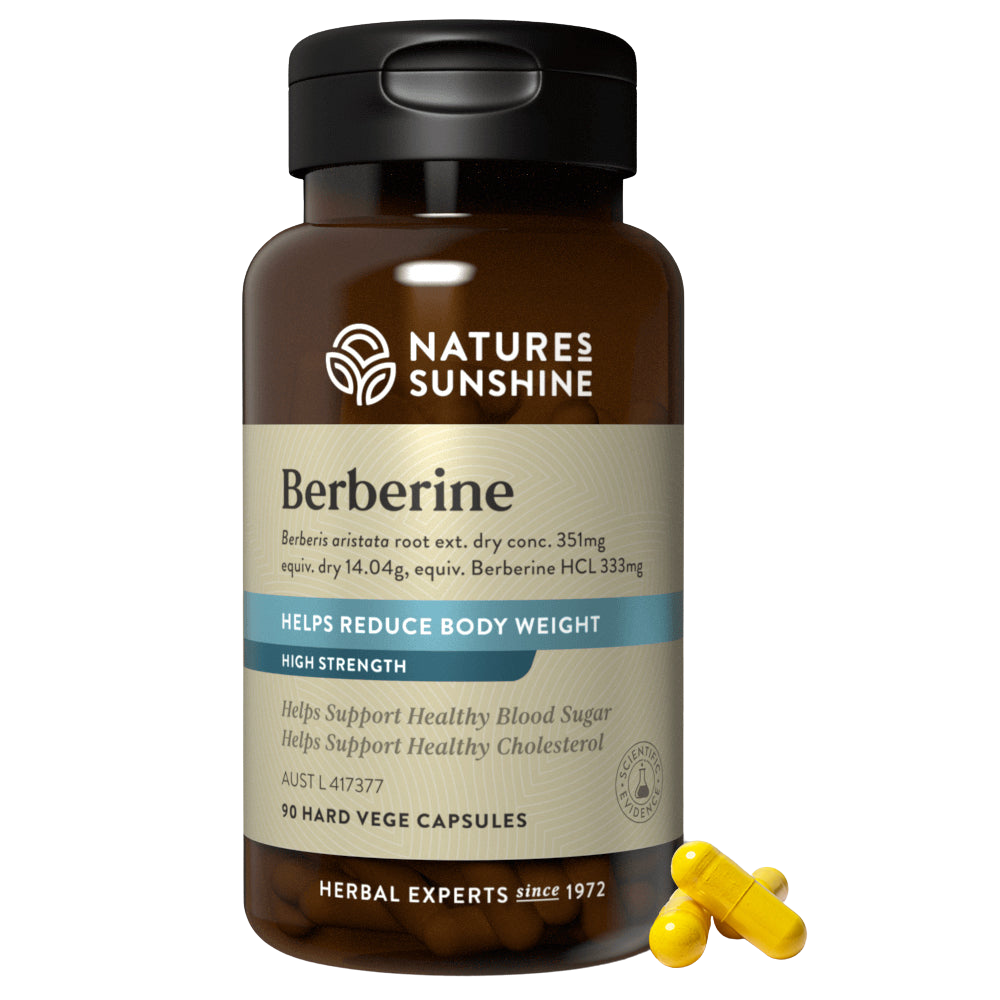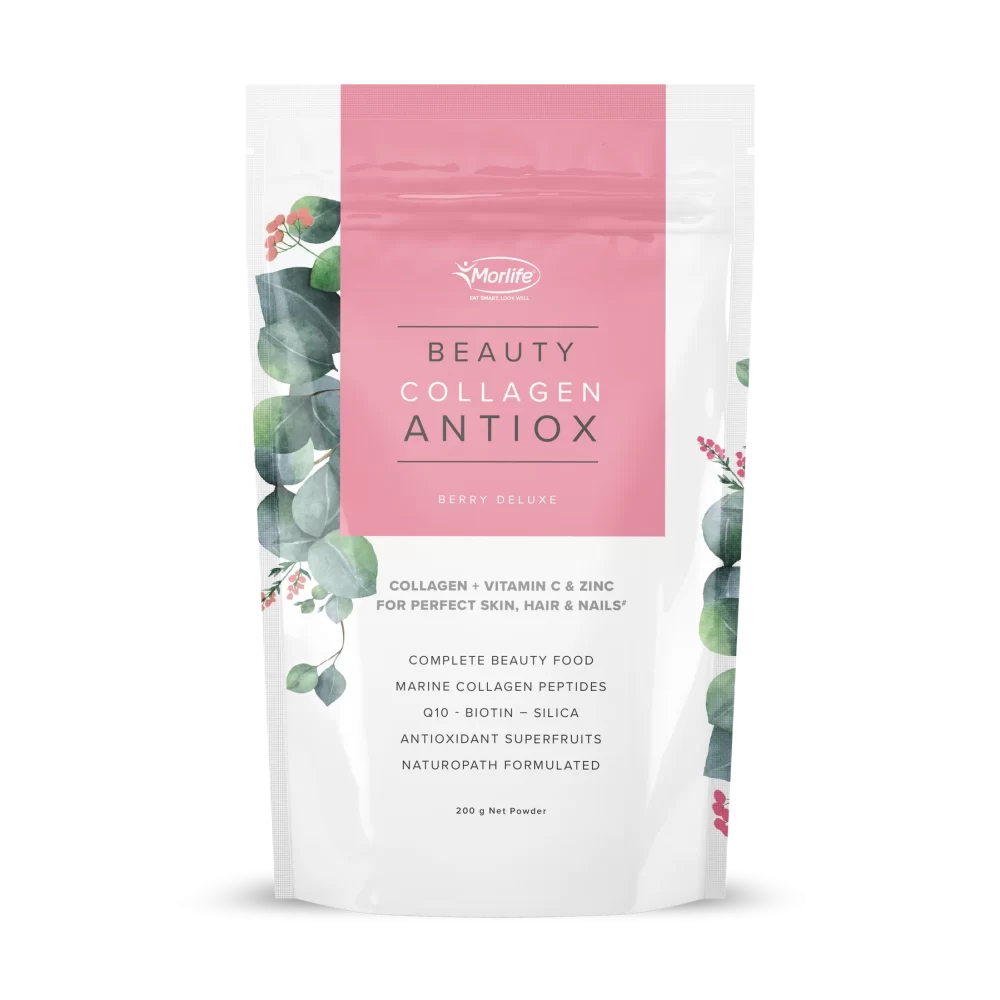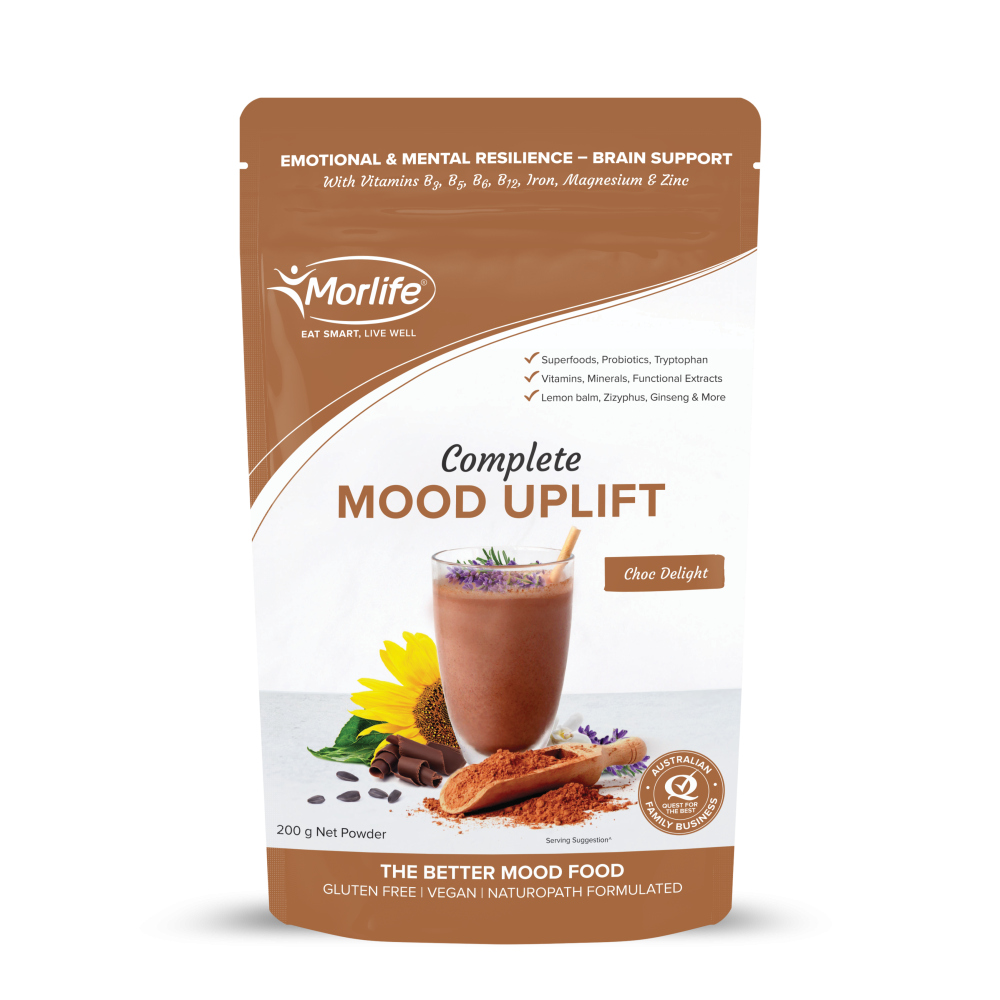
When diagnosed with PCOS (Polycystic Ovarian Syndrome), women of reproductive age (14-35) will typically experience a disruption in the normal menstrual cycle and experience trouble regulating the menstrual cycle, getting pregnant and other health-related risks.
If you have been diagnosed with PCOS, then you are most likely working with your doctor or IVF specialist to understand the treatment options involved with PCOS to either stabilize hormone function or to try to get pregnant.
Since there can be a lot of information (and misinformation) out there, we wanted to provide a simpler summary guide to PCOS drugs.
[lwptoc]
The 4 Tiered PCOS Treatment Process
The international, evidence-based guidelines for the diagnosis and treatment of PCOS recommend four levels of treatment for women with PCOS.
These four levels are:
- Education & Lifestyle changes
- First Line Pharmacological Interventions (PCOS Drugs)
- Second Pharmacological Interventions
- Third Line Surgical Interventions (for women seeking infertility treatment)
The Front Line: Education and Lifestyle Changes
Regardless of whether you are looking to become pregnant or not, your doctor will recommend lifestyle changes before you take any PCOS medications.
Most major studies around PCOS show that lifestyle changes, (healthy food and exercise to reduce body fat %), can reduce the amount of androgen production that is caused by PCOS. Studies also show that treatment uptake and the chance of fertility improve by exercising, partaking in a low-calorie diet, and losing as little as just five percent of your body weight.
Women should be taking vitamins like Vitamins B, C, D and E, Omega-3s, and other herbal medicines.
Myo-Inositol Powder
Inositol powder for PCOS fits into this low risk treatment class. Inositols are a highly effective method for restoring ovulation and improving egg quality. Inositols work by improving insulin resistance and restoring androgen balance.
Myo Inositol Powder Summary Table
| Type of drug | Vitamin-like, naturally occurring substance. Found as isomers in plants, animals, the body or made in a lab. |
| What does it treat? | Mood stabilizer; might make insulin better. e.g.PCOS, gestational diabetes. |
| Side Effects | Slight chance of nausea, stomach pain, tiredness, headache, and dizziness. |
| Positive comment | I had not had a regular cycle in 6 months because of the pcos, i started taking 4g a night from monday and by Saturday I got my cycle. This stuff works. Also lost 1kg in 2 days. |
| Negative Comment | Does not work for all women. |
Level 1 Pharmacological Interventions (PCOS Drugs)
Treatment options will differ if you are trying to get pregnant or not.
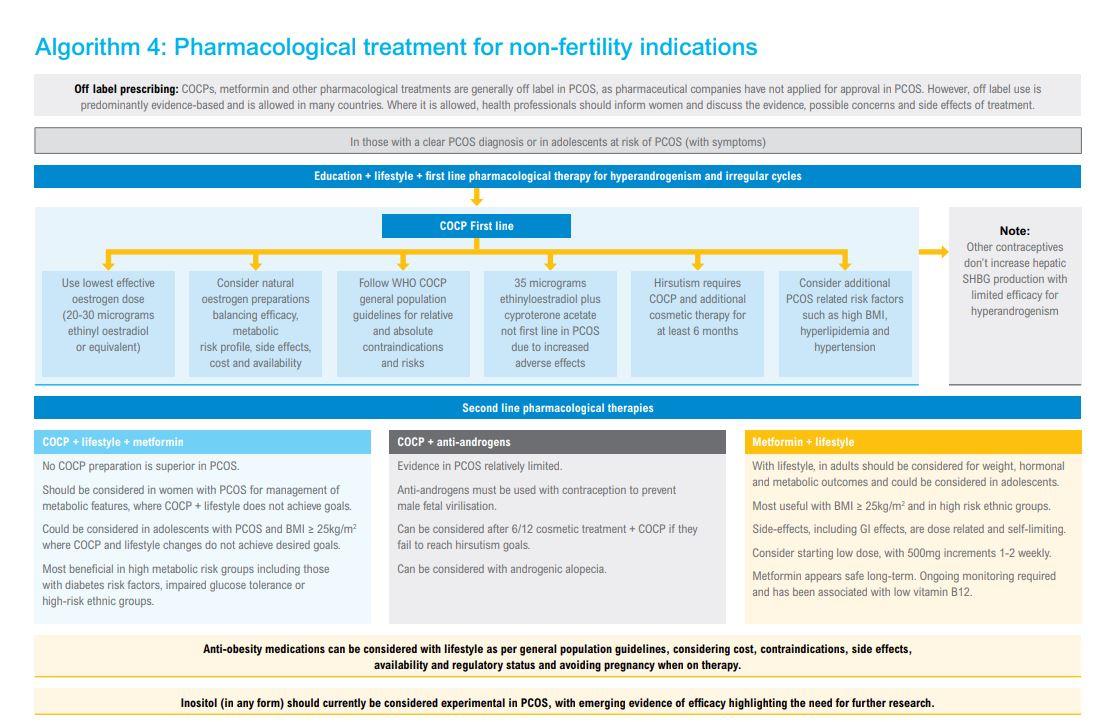
For Women With Non-Fertility Related Cases
If you have PCOS but not trying to conceive, it’s necessary to regulate your hormones. Since the uterine lining is not shed through menstruation, there is a higher risk for endometrial cancer. Regulating your hormones to cause a regular menstrual cycle will reduce this risk.
Common Oral Contraceptive Pills
The first line of treatment will generally involve the lowest effective and most natural oestrogen dose of common oral contraceptive pills (COCP). These are sometimes referred to as combined hormonal contraceptives (CHC). All that is needed, is to balance the metabolic risk profile with limited side effects.
Finding the right mixture and dosage will take some testing so it works for your body.
| Type of drug | Another name for the birth control pill. Made in lab |
| What does it treat? | Low dose of oestrogen and progesterone hormones to regulate menstruation, prevent pregnancy, reproductive-related disorders. |
| Side Effects | Chronic pelvic pain and vaginal dryness. |
| Positive comment | n/a |
| Negative Comment | n/a |
For Women With Fertility Related Cases
If you are showing signs of being infertile and would like to become pregnant, it’s important to speak to your doctors. Monitoring is also required for women who are pregnant with PCOS as there is an increased risk for adverse outcomes for both the mother and child.

Three medications are usually used in order to induce ovulation:
- Letrozole (Femara)
- Clomiphene (Clomid),
- Metformin (Glucophage, Fortamet).
Letrozole
The first line of defence is usually Letrozole might also be tried to convert testosterone into estrogen to induce ovulation. Femara (brand name for Letrozole, 2.5mg) is a non-steroidal aromatase inhibitor, which means that it lowers estrogen production. It is usually used to treat breast cancer in postmenopausal women.
| Type of PCOS drug | Non-steroidal aromatase inhibitor. Made in lab |
| What does it treat? | Lowers estrogen production. E.g., treat breast cancer in postmenopausal women |
| Side Effects | Hot flashes, hair loss, joint/bone/muscle pain, tiredness, unusual sweating, nausea, diarrhea, dizziness, and trouble sleeping |
| Positive comment | “I do find that I am aching a lot more and do have trouble getting moving again after resting. My work requires lots of walking, so I am sore and exhausted afterward, but am so happy that I am here and able to do these things. I will take this medication as long as my oncologist deems necessary.” |
| Negative Comment | “I started taking this medicine in June. I am currently experiencing most of the unpleasant side effects. Worst being joint aches, fatigue, hot flashes, mood swings and hair thinning. Thankfully, I am not gaining weight. Without yoga and acupuncture, I do not know if I could tolerate this medicine. Good luck to anyone out there taking it!” |
Clomiphene Citrate
Clomiphene Citrate (Clomid 50mg or Serophene) is also first-line therapy. It is an anti-estrogen drug and it is only taken during the first part of your menstrual cycle. Clomiphene citrate is a synthetic chemical taken orally and it is usually used to treat a condition known as luteal phase defect. It works by binding to estrogen receptors in the brain, which triggers the pituitary gland to secrete more follicle-stimulating hormone (FSH), and in turn, increases progesterone secretion. By boosting FSH production, it signals to the body that ovulation can occur.
Level 2 Pharmacological Interventions
For Women With Non-Fertility Related Cases
If COCPs by themselves don’t work, then your doctor will recommend a mixture of birth control pills and ovulation regulators.
Metformin in conjunction with lifestyle changes and a unique birth control mixture will then be recommended. This intervention will be more recommended for those who have trouble managing glucose and who may be at risk for prediabetes or diabetes.
COCP and antiandrogen medicine can be considered next, although the research on its effectiveness is limited. In this therapy, COCPs are necessary to reduce the virilizing effects.
If none of these other second line drugs work, then your doctor may recommend Metformin on its own. Low doses are recommended when starting off, with 500mg increments twice weekly. Metformin on its own. Metformin is safe on its own and side effects are minimal.
For Women With Fertility Related Cases
If you don’t get pregnant while on Clomiphene, your doctor may prescribe Clomid.
Clomid
Clomid is usually taken in combination with Metformin, but Metformin could also be taken on its own.
| Type of PCOS drug | Estrogen-blocking drug. Made in lab |
| What does it treat? | Stimulates hormones related to ovulation. E.g., Infertility |
| Side Effects | Stomach upset, bloating, abdominal/pelvic fullness, flushing (“hot flashes”), breast tenderness, headache, or dizziness |
| Positive comment | “I started taking this medication because I was not ovulating on my own. My doctor first tried 50mg and with opk testing it was determined that this was not enough to stimulate ovulation. I was given the option of trying again or upping the dosage to 100mg. I chose to up the dosage because I knew I could only be on it for 6 cycles and didn’t want to waste any opportunities. This time around I got a positive opk followed by ovulation pains (which I have never had in my life!) and this cycle I conceived!” |
| Negative Comment | “I’ve had nothing but symptoms that mimic pregnancy and period. It also made me feel like crap and dizzy not to mention made me gain weight for it to not even work at that!” |
Metformin
Metformin is a common drug used for women with PCOS because it primarily regulates blood sugar by lowering the amount of sugar produced in the liver.
Metformin (Glucophage, Fortamet, others) is an oral medication for type 2 diabetes. It improves insulin resistance and lowers insulin levels. If you have prediabetes, metformin can also slow the progression to type 2 diabetes and help with weight loss.
| Type of PCOS drug | Classified as a biguanides, Made in lab but based in herbal medicine. |
| What does it treat? | Anti-diabetic drugs that lowers blood sugar. E.g., treat type 2 diabetes. |
| Side Effects | Nausea, vomiting, stomach upset, diarrhea, weakness, or a metallic taste. |
| Positive comment | “I have been taking this med 500 mg 2x/day for a week. no side effects at all for me.I’ve lost 1.5 lbs in a week!” |
| Negative Comment | “Severe cramping, gas, bloating, diarrhea while taking medication. Worked very well to bring my A1C level down, but just couldn’t function day to day for being in the bathroom several times daily.” |
Level 3 Pharmacological & Surgical Interventions
For Women With Non-Fertility Related Cases
Once hormonal regulation has been stabilized, then you can consider medical treatments to manage excessive hair growth. Any cosmetic surgeries are optional (not required) and should be done after at least six months of medication to manage excess androgen production.
The birth control pills used to regulate menstruation might already contribute to this treatment. They typically decrease androgen production and would limit excessive hair growth.
Aldactone
Other medications like spironolactone (Aldactone) and eflornithine (Vaniqa) can effectively lower androgens. Spironolactone can cause birth defects, so contraception is required while taking this medication. And, of course, it isn’t recommended while pregnant or planning to become pregnant.
| Type of PCOS drug? | Potassium-sparing diuretic |
| What does it treat? | High blood pressure, fluid retention (oedema) and high levels of the hormone aldosterone. E.g., affect hair follicles |
| Side Effects | Drowsiness, dizziness, lightheadedness, stomach upset, diarrhea, nausea, vomiting, or headache. Can cause birth defects. |
| Positive comment | “Have had my hair falling out for a couple of years. Since taking 100 mg of this medication, my hair is coming in so fast. It’s amazing.” |
| Negative Comment | “I began taking this medication for acne, after 2 weeks of use I experienced an inflammation of my optic nerve, which some may link to MS however after an MRI I had no other signs of MS. Once I discontinued the drug, 2 weeks later all symptoms of optic neuritis disappeared.” |
Eflornithine
Eflornithine (Vaniqa) is a facial cream that can slow facial hair growth in women. It is the least invasive method. Lastly, electrolysis (using a needle on the skin to damage the hair follicle) can be used to remove the hair superficially.
| Type of PCOS drug? | Topical drug |
| What does it treat? | Slow down the growth of unwanted hair on the face and under the chin in women |
| Side Effects | Burning, stinging, tingling, and redness of the skin |
| Positive comment | “This product has worked like a charm for me. Completely controls hair growth with no side effects. I’ve had no skin rashes or other issues whatsoever.” |
| Negative Comment | n/a |
For Women With Fertility Related Cases
If the pharmacological interventions don’t work, then your doctor may try gonadotropins as a treatment.
Once pharmaceutical options elapse surgical options start. Such as laparoscopic ovarian surgery. Finally, IVF, if appropriate and safe, can be considered.
Conclusion
We are not trying to play doctor on the internet and we strongly recommend that you talk to your healthcare professionals about your unique circumstances. The purpose of this article is to show you that there are different levels of treatment recommended. The higher the level of treatment the more severe are the risks of side effects & costs involved. You should start on the lowest levels first before progressing to the next.
Further Reading
For more information on the PCOS drugs mentioned in this article refer to:
Myo-Inositol Powder
Regidor PA, Schindler AE, Lesoine B, Druckman R. Management of women with PCOS using myo-inositol and folic acid. New clinical data and review of the literature. Horm Mol Biol Clin Investig. 2018;34(2):/j/hmbci.2018.34.issue-2/hmbci-2017-0067/hmbci-2017-0067.xml. Published 2018 Mar 2. doi:10.1515/hmbci-2017-0067
Common Oral Contraceptive Pills
Amiri M, Ramezani Tehrani F, Nahidi F, Kabir A, Azizi F, Carmina E. Effects of oral contraceptives on metabolic profile in women with polycystic ovary syndrome: A meta-analysis comparing products containing cyproterone acetate with third generation progestins. Metabolism. 2017;73:22–35. doi:10.1016/j.metabol.2017.05.001
- Clomiphene (Clomid)
- Sachdeva G, Gainder S, Suri V, Sachdeva N, Chopra S. Prediction of Responsiveness to Clomiphene Citrate in Infertile Women with PCOS. J Reprod Infertil. 2019;20(3):143–150.
Letrozole (Femara)
Mejia RB, Summers KM, Kresowik JD, Van Voorhis BJ. A randomized controlled trial of combination letrozole and clomiphene citrate or letrozole alone for ovulation induction in women with polycystic ovary syndrome. Fertil Steril. 2019;111(3):571–578.e1. doi:10.1016/j.fertnstert.2018.11.030
Metformin (Glucophage, Fortamet)
Agrawal A, Mahey R, Kachhawa G, Khadgawat R, Vanamail P, Kriplani A. Comparison of metformin plus myoinositol vs metformin alone in PCOS women undergoing ovulation induction cycles: randomized controlled trial. Gynecol Endocrinol. 2019;35(6):511–514. doi:10.1080/09513590.2018.1549656
Spironolactone
Alpañés M, Álvarez-Blasco F, Fernández-Durán E, Luque-Ramírez M, Escobar-Morreale HF. Combined oral contraceptives plus spironolactone compared with metformin in women with polycystic ovary syndrome: a one-year randomized clinical trial. Eur J Endocrinol. 2017;177(5):399–408. doi:10.1530/EJE-17-0516
Eflornithine
Lizneva D, Gavrilova-Jordan L, Walker W, Azziz R. Androgen excess: Investigations and management. Best Pract Res Clin Obstet Gynaecol. 2016;37:98–118. doi:10.1016/j.bpobgyn.2016.05.003
Shop Myo-Inositol Powder For PCOS
-
PCOS Starter Bundle
-
Natural Myo Inositol for PCOS / Hormonal Balance
-
Nature’s Sunshine Berberine – 90 Capsules
-
Morlife Collagen Protein Water – 400g – Tropical or Berry
-
Morlife Beauty Collagen Antiox – Berry Deluxe 200g
-
Morlife Marine Collagen + Vitamin C – Unflavoured 200g
-
Morlife De Stress – Chillberry 200g (with Ashwagandha)
-
Morlife Complete Mood Uplift – Choc Delight 200g
-
Morlife Plantiful Protein Powder – 440g – Chocolate or Vanilla Fudge

